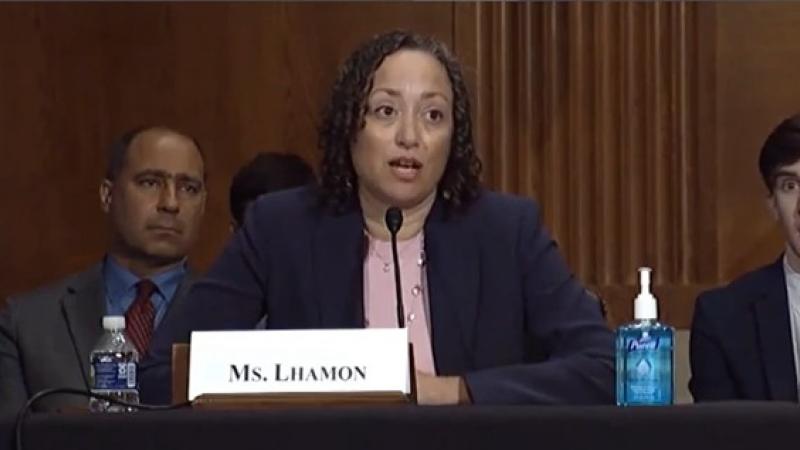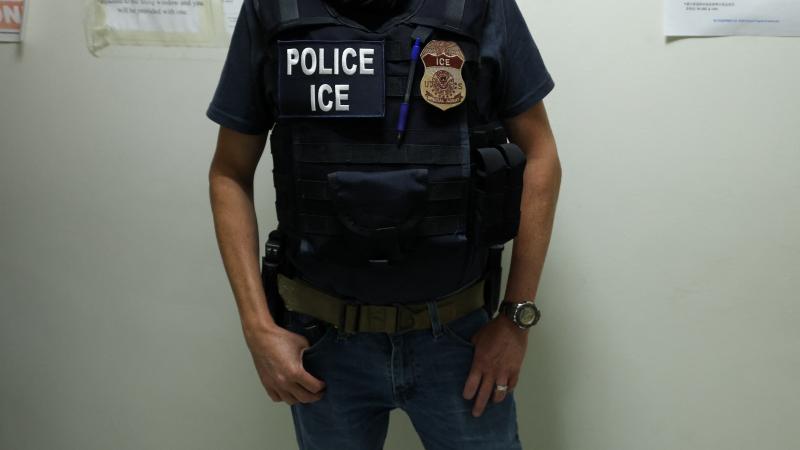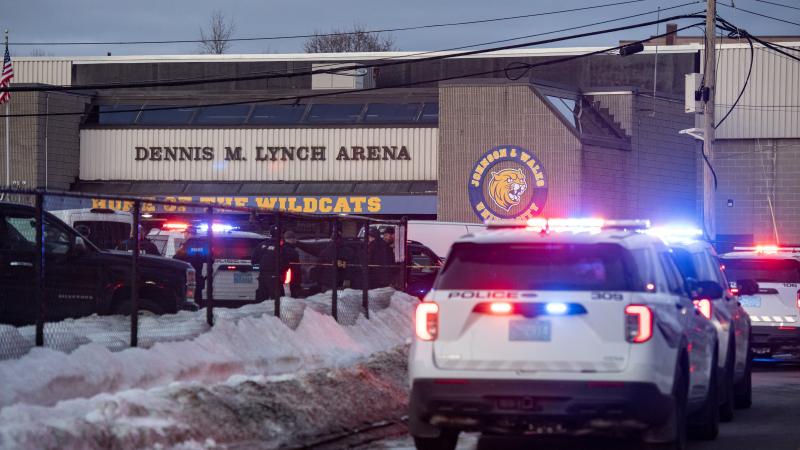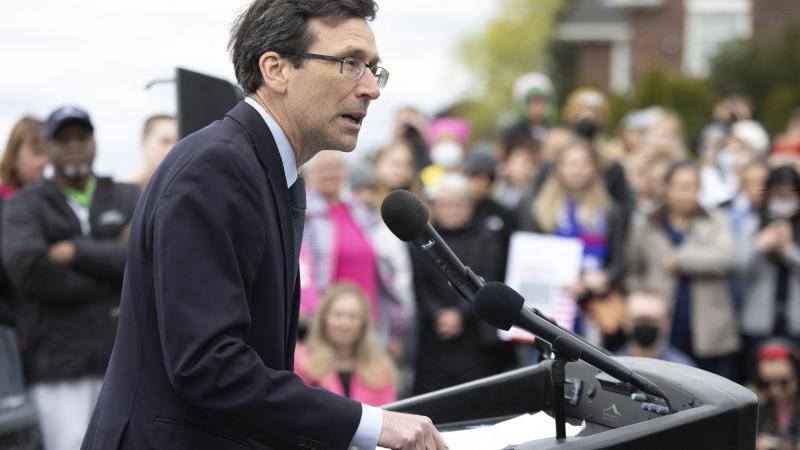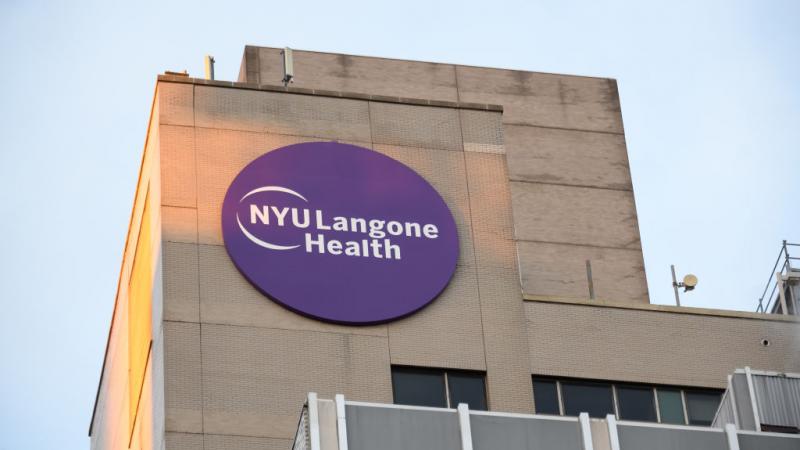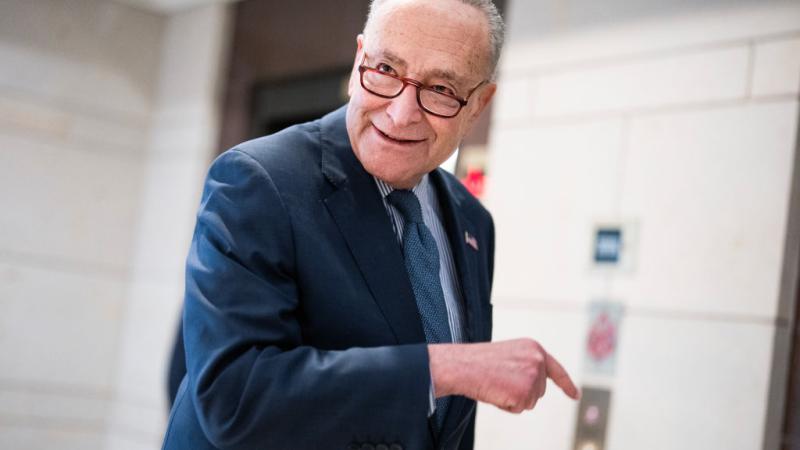Fauci scientist, feds' advisers challenge COVID policy, bivalent booster approval and timing
Medicare bonuses for COVID-positive patients under ongoing "emergency" are distorting public health, NIAID scientist argues. CDC forces advisers to rubber-stamp decision on two-month bivalent booster interval, which could hurt immunity from prior infection.
Public health experts, including one of Anthony Fauci's own scientists, are warning that federal COVID policy may cause imminent harm.
National Institute of Allergy and Infectious Diseases staff scientist Margery Smelkinson, a two-time "merit award recipient," called on the administration to end the official COVID public health emergency, which threatens resources for monkeypox and polio response by giving hospitals a 20% Medicare bump for each COVID-positive patient.
"This bolus of payments might help explain why all the large urban hospital systems we checked and the vast majority of smaller systems were still COVID testing all patients," Smelkinson and Oregon Health and Sciences University instructor Leslie Bienen, who trains undergraduates to become scientific researchers, wrote in a Detroit Free Press op-ed.
Testing can also be a moneymaker for hospitals, which are now "full of people who are there for non-COVID reasons but cannot be discharged to rehab or skilled nursing facilities because of their positive test," they wrote. The federal emergency props up "pointless but harmful" restrictions by state and local governments as well.
The CDC is weakening post-infection immunity by recommending people get newly authorized bivalent boosters as soon as two months from their last vaccine dose, University of California San Francisco infectious disease professor Monica Gandhi and emergency physician Michael Daignault wrote in a Time op-ed.
The authors previously recommended eight-week intervals between primary series doses based on immunologic studies, and are now recommending six months for bivalent boosters. "Short-interval repeat boosting or boosting too soon after a post-vaccination infection will limit the neutralizing antibody response and stunt the expansion of memory B cells," the duo wrote.
The CDC told its Advisory Committee on Immunization Practices, whose job is developing recommendations, that it couldn't deviate from the two-month window in the FDA's emergency use authorization, prompting alarm from epidemiologist Tracy Beth Hoeg and lawyers Laura Powell and Scott Davison.
CDC officials told skeptical ACIP members Sept. 1 (starting at the 2-hour 48-minute mark) that the Prep Act's liability provisions require their recommendations to "be in line with the EUA." They said the committee can't even stay silent on interval windows, as one member proposed to give doctors leeway on boosters for recently infected patients.
This may help explain the agency's "(very) simplified message," Hoeg wrote in a tweet thread. She noted that CDC Director Rochelle Walensky dodged the question when asked what benefit a healthy young adult would get from the new booster.
"We are simplifying our message" to say everyone 12 and up "need[s] to get your fall booster," Walensky told MSNBC. The CDC didn't answer requests to explain the purpose of ACIP's recommendations if it must legally rubber-stamp the FDA's EUA provisions.
The simplified message may be confusing those who administer vaccines. A CVS pharmacist told a journalist who made an appointment for a bivalent booster that it was "fake news" to claim the new boosters weren't tested in humans.
The Omicron BA.4/5 formulation in the new Pfizer and Moderna jabs was only tested in a handful of mice, which worries Paul Offit, director of the Vaccine Education Center at Children's Hospital of Philadelphia, who voted against their authorization as a member of the FDA's Vaccines and Related Biological Products Advisory Committee.
"I'm uncomfortable that ... we would give millions or tens of millions of doses to people based on mouse data," Offit told The Wall Street Journal. The FDA is making "huge assumptions" that the first run of mRNA vaccines will behave like flu vaccines, which are also not tested in humans before release each flu season, he told NBC News.
The Facts Inside Our Reporter's Notebook
Links
- Margery Smelkinson, a two-time "merit award recipient,"
- Detroit Free Press op-ed
- Time op-ed
- job is developing recommendations
- 2-hour 48-minute mark
- Hoeg wrote in a tweet thread
- CDC Director Rochelle Walensky dodged the question
- "fake news" to claim the new boosters weren't tested in humans
- voted against their authorization
- The Wall Street Journal
- NBC News

